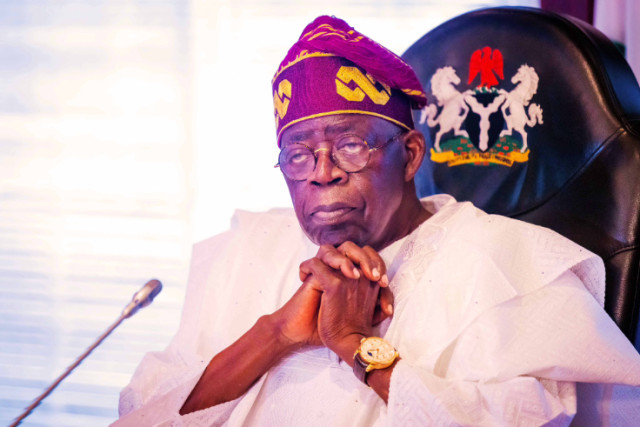The Presidency has said that President Bola Tinubu inherited a dead economy but has vowed to resolve the country's economic woes facing the citizens.
This assertion is against the backdrop of a New York Times feature story titled, 'Nigeria Confronts Its Worst Economic Crisis in a Generation,' published on June 11.
The feature, authoured by Ruth Maclean and Ismail Auwal, highlighted the severe economic challenges facing Nigeria.
It noted that soaring inflation and the plummeting national currency contribute to the economic crisis, with millions struggling to feed.
Part of the publication read: “The pain is widespread. Unions strike to protest salaries of around $20 a month. People die in stampedes, desperate for free sacks of rice. Hospitals are overrun with women wracked by spasms from calcium deficiencies.
“The crisis is largely believed to be rooted in two major changes implemented by a President elected 15 months ago: the partial removal of fuel subsidies and the floating of the currency, which together have caused major price rises."
But in a statement on Sunday, the Special Adviser to the President on Information and Strategy, Bayo Onanuga, said the feature reflected “the typical predetermined, reductionist, derogatory, and denigrating way foreign media establishments have reported on African countries for several decades.”
The statement read: “Most significant about the report was that it painted the dire experiences of some Nigerians amid the inflationary spiral of the last year and blamed it all on the policies of the new administration. The report, based on several interviews, is at best jaundiced, all gloom and doom, as it never mentioned the positive aspects in the same economy as well as the amelioration policies being implemented by the central and state governments.
“To be sure, President Tinubu did not create the economic problems Nigeria faces today. He inherited them. As a respected economist in our country once put it, Tinubu inherited a dead economy. The economy was bleeding and needed quick surgery to avoid being plunged into the abyss, as happened in Zimbabwe and Venezuela.”
The presidential aide said the situation that Tinubu met on the ground necessitated his policy decisions in May/June 2023, which included ending the fuel subsidy regime and unifying the multiple exchange rates.
He added: “The budget itself had a striking feature: it planned to spend 97 per cent of revenue servicing debt, with little left for recurrent or capital expenditure. The previous government had resorted to massive borrowing to cover such costs. Like oil, the exchange rate was also being subsidised by the government, with an estimated $1.5bn spent monthly by the CBN to ‘defend’ the currency against the unquenchable demand for the dollar by the country’s import-dependent economy.
“The inflationary rate is slowing down, as shown in the figures released by the National Bureau of Statistics for April. Food inflation remains the biggest challenge, and the government is working very hard to rein it in with increased agricultural production.”
Onanuga said that the Tinubu administration, along with the 36 states, was diligently working to increase food production to lower costs.




















